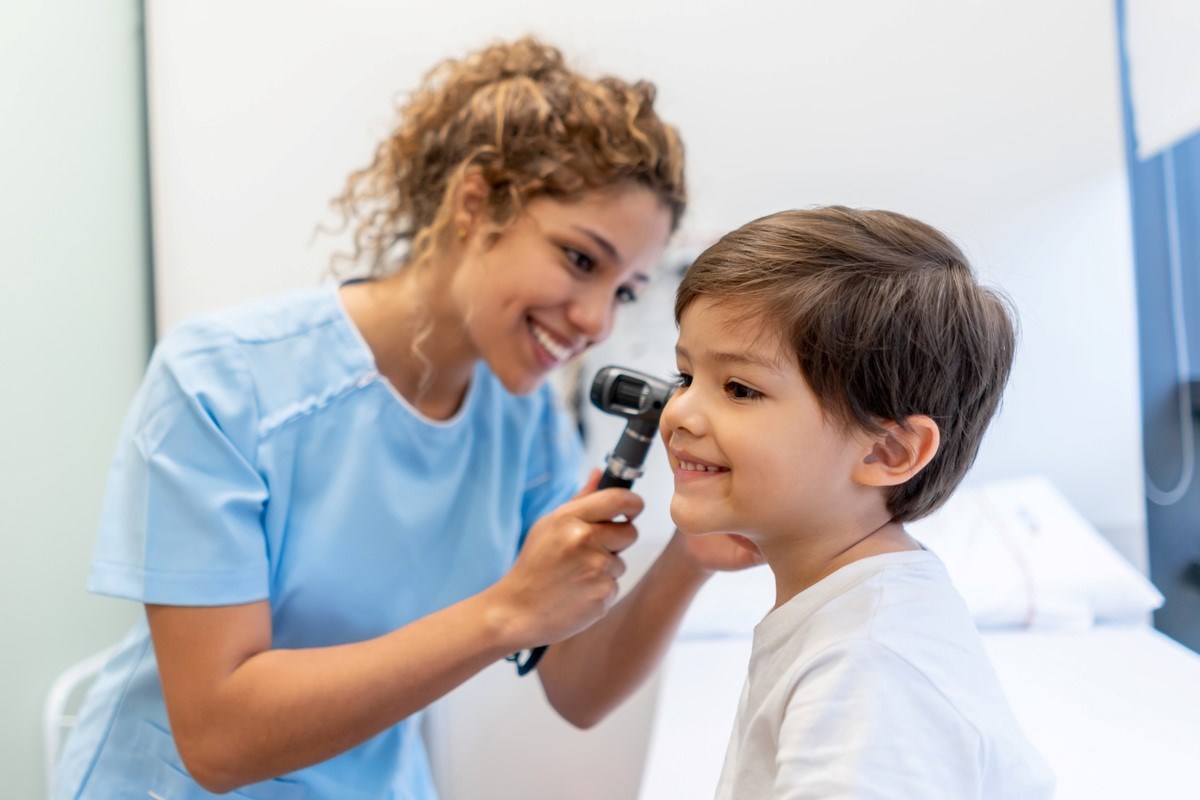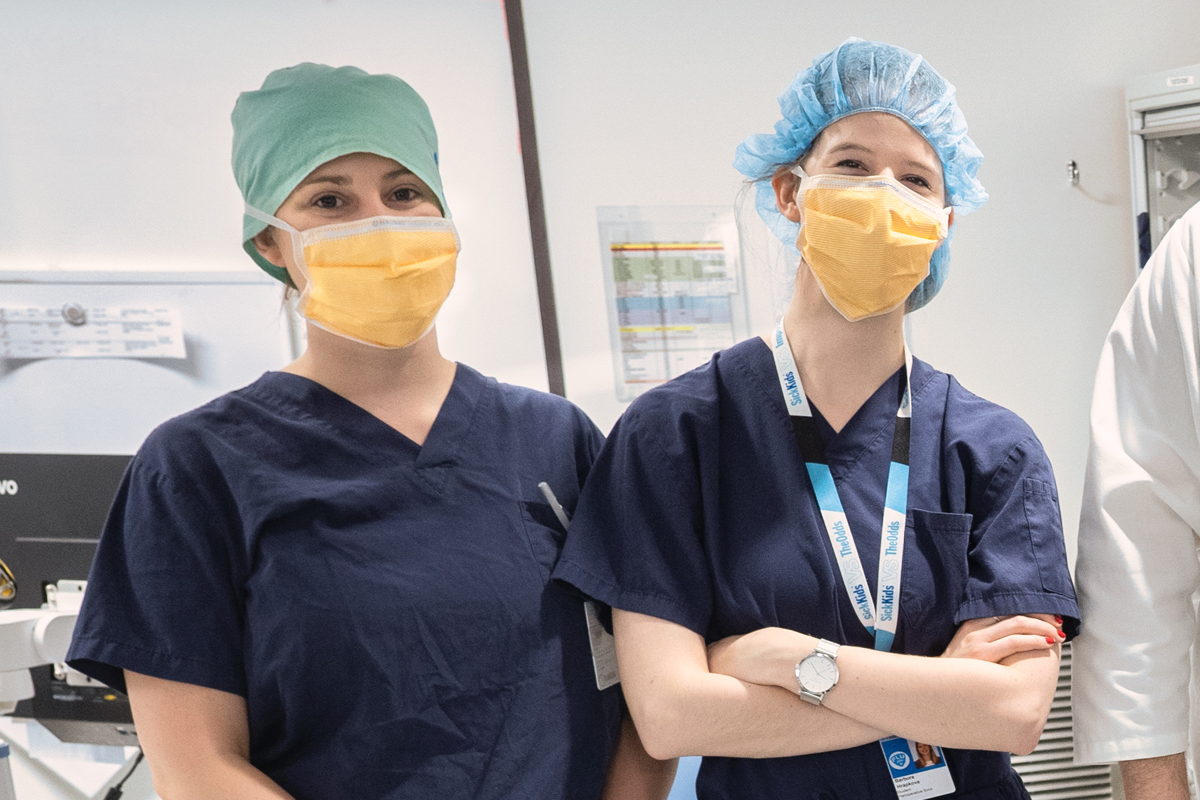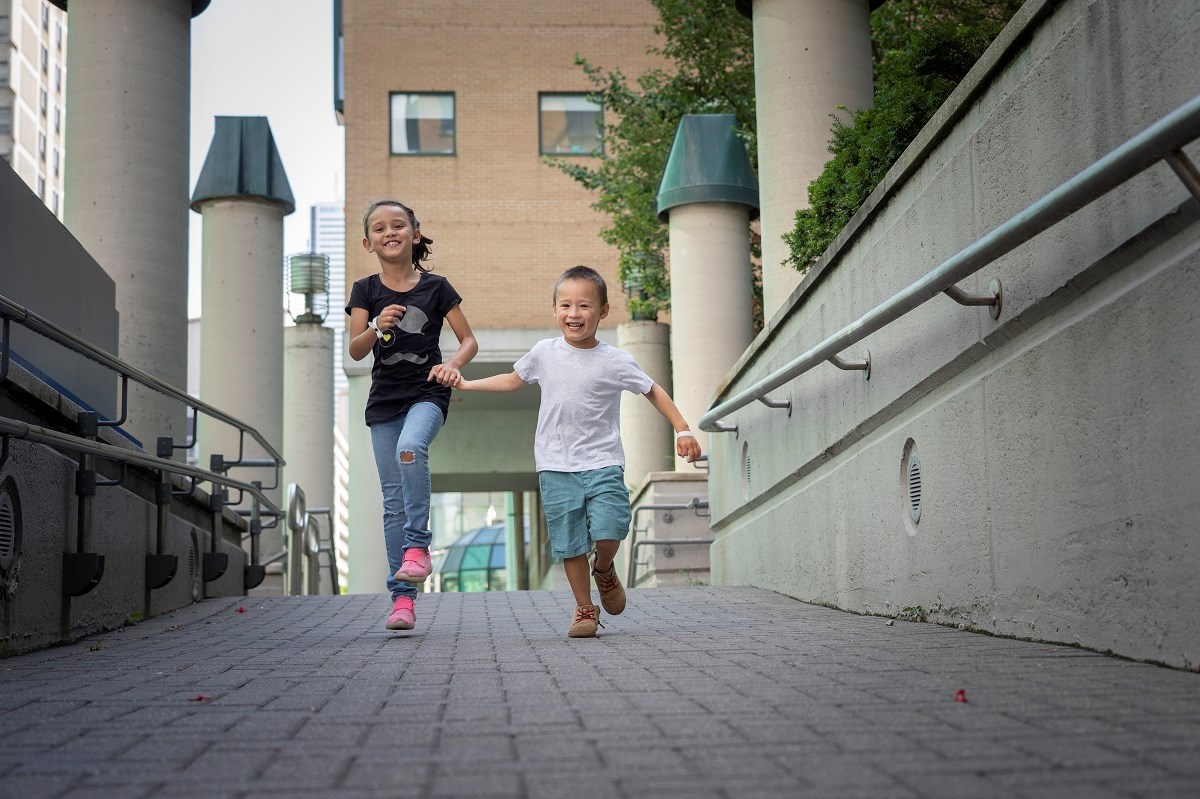
Transplant and Regenerative Medicine Centre
Kidney Transplant Program
The Kidney Transplant Program at SickKids is one of the largest paediatric kidney transplant programs in Canada. Our mission is to provide world-class comprehensive pre- and post-kidney transplant care and superior clinical outcomes for infants, children and youth requiring kidney transplant. Part of the Transplant and Regenerative Medicine Centre, the Kidney Transplant Program is a leader in innovative paediatric kidney transplant care, research, advocacy and education.
20–25 kidney transplants performed each year

Doctor referral
Your child's nephrologist refers them to the Kidney Transplant Clinic at SickKids.
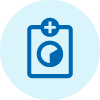
Pre-transplant
Your child's kidney will be evaluated for transplant. They will visit the clinic for bloodwork and lab tests.
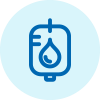
Dialysis treatment
Depending on your child's situation, they may need to undergo dialysis treatment before receiving a transplant.
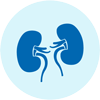
Transplant surgery
Your child's urologist will perform the surgery, which can take 6–12 hours. The surgeon places the new kidney through an incision in the lower stomach.

PICU
Your child will be admitted to the Paediatric Intensive Care Unit (PICU) for 1–2 days after the surgery. Your child will then be transferred to the Transplant and Medical Specialties Unit for 2–3 weeks.

Follow-up care
Your child will have frequent visits to the clinic for bloodwork and tests.
Bloodwork
Bloodwork must be done before coming to the clinic and should be done just before the next dose of tacrolimus is due. The timing of this bloodwork is important.
Nurse visit
Your child’s nurse will:
- Check your child’s weight, height and blood pressure
- Review your child’s medicines
- Complete a nursing assessment
- Answer any questions or concerns you or your child may have
Doctor visit
Your child's doctor will run different medical assessments and discuss any concerns you or your child may have.
Dietician, social worker or physiotherapist visit (as needed)
Your child will see interdisciplinary staff depending on their situation.
Diagnostic tests (as needed)
Your child may need unplanned diagnostic tests, such as ultrasounds or echos.

Transition to adult care
Your child will complete their SickKids journey when they turn 18 years old. They will be transferred to an adult hospital for ongoing follow-up care.
A kidney transplant is a treatment for people who have kidney failure. Kidney failure occurs when your own kidneys can no longer do enough work to ‘filter’ the blood to support your body.
During a kidney transplant surgery, a healthy donor kidney from another person is surgically placed into the body of a person with kidney failure. This donor kidney replaces the work that your own kidneys can’t do. The donor kidney may come from a living or deceased donor.
Chronic Kidney Disease (CKD) occurs when the kidneys do not function normally. While there is no cure for this condition, specialized treatment allows most individuals to maintain their daily lives with some adjustments.
As CKD progresses and the kidneys can no longer sustain a person's well-being, it may result in kidney failure. In kidney failure, treatments like dialysis or a kidney transplant become necessary to replace the lost kidney function.
The kidney transplant program at SickKids works closely with two organizations that facilitate kidney donation in Ontario.
- Deceased donation: The Trillium Gift of Life Network (part of Ontario Health) is responsible for co-ordinating organ and tissue donation and transplantation services.
- Living donation: The Living Donor Kidney Program run by University Health Network’s (UHN) Ajmera Transplant Centre is responsible for the assessment and care of living kidney donors. They have performed over 1,600 kidney donor operations and are world renowned for their living donor program.
A referral needs to be made by your child’s nephrologist. For additional information please conctact the Kidney Transplant Clinic.
When your nephrologist refers your child to the Kidney Transplant Pprogram, we arrange to have your child assessed. This is called a ‘transplant work-up’ or ‘transplant assessment’.
The goals of the assessment are to:
- decide if a transplant will help your child
- discuss if any other treatment or procedures will help your child prior to the transplant
- decide the best time for your child to undergo transplant
- give you and your child information about kidney transplantation
- give you and your child a chance to meet the transplant team
We strongly recommend all children being considered for kidney transplant receive all the age-appropriate vaccines, including COVID-19 vaccines (if eligible) prior to transplant. Immunization provides additional protection both before and after transplant when your child is more susceptible to infection.
We often recommend additional vaccines or accelerated vaccination schedules prior to transplant to provide your child with as much protection as possible. Our clinical team will discuss your child’s immunization history and address any questions or concerns that you may have during the assessment process. Please bring your child’s immunization record to their kidney transplant assessment.
SickKids partners with the UHN Living Donor Kidney Program. Living donation offers the following benefits:
- less time spent on the waiting list, which can reduce additional risks or complications that can develop the longer a child is on the waiting list
- potential for improved long-term outcomes
- being able to plan the time of transplant surgery ahead of time
Kidney transplant surgery takes an average of 6–12 hours. Your child will be admitted to the Paediatric Intensive Care Unit (PICU) post-surgery for approximately 1–2 days. They will then be transferred to the Transplant and Medical Specialties Unit where they will be admitted for an average of 2–3 weeks. During the admission, we will teach you about the post-transplant medications and how to care for your child when returning home.
The first 6 months to one year after a kidney transplant can be very busy. When you first leave the hospital, you can expect to return quite frequently in the first 3 months. The frequency of visits will slowly spread out depending on the timing post-transplant and how your child is doing. Post-transplant monitoring will include bloodwork and clinic visits in addition to other diagnostic tests as needed.
For families who live far from the hospital, the clinical team will work with you to identify local resources to support you and your child; however frequent visits to SickKids will still be required. The transplant team is always available to you should any issues or questions arise between visits. Once your child turns 18, they will graduate to an adult kidney transplant program for ongoing follow-up care.
While deceased donation is confidential (i.e., the deceased donor family will not know who their loved one's organs were directed to and you will not receive any identifying information about the donor), you may write a letter to the donor family if you choose.
Some families and patients choose to write immediately after the transplant, some choose to write many years after transplant and some choose not to do so. All are acceptable. Letters are to be anonymous and signed “from the recipient family” and no identifying information can be included. If you are interested, please ask the transplant nurses for further information and they will guide you on how to do so.
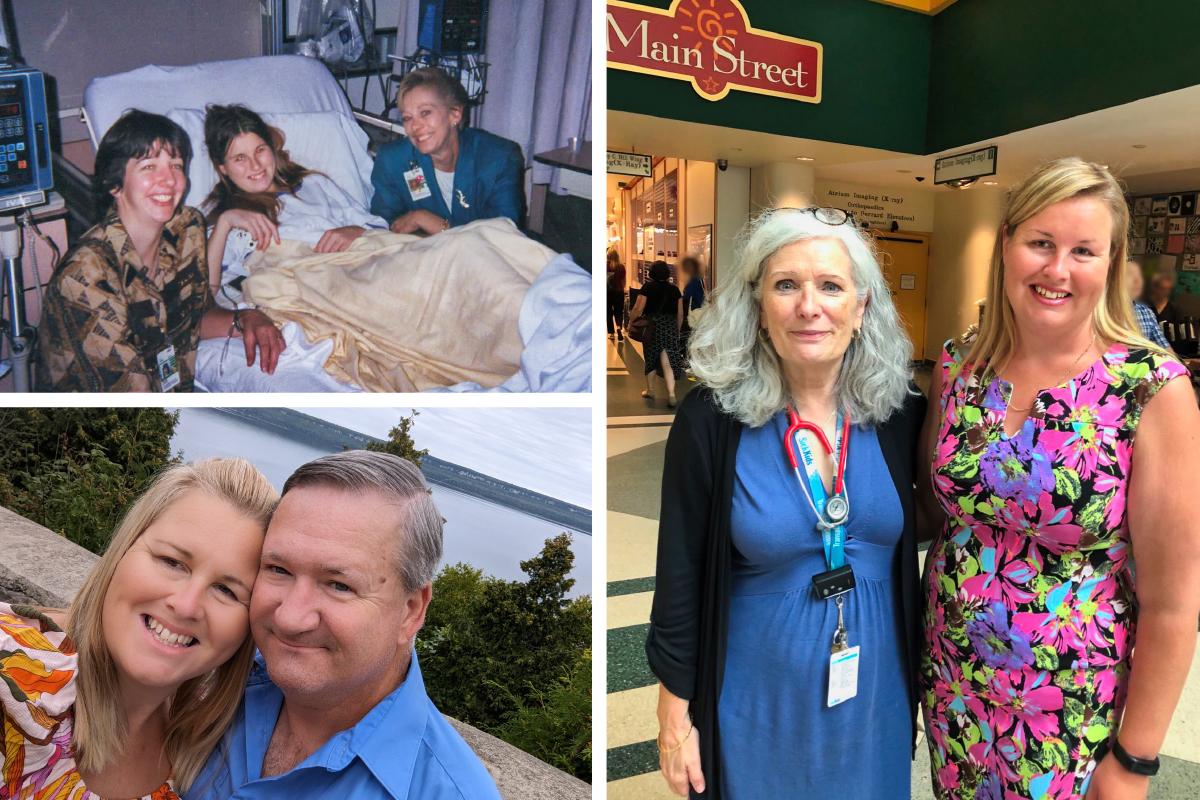
Happy 25th kidneyversary, Kristina!
A quarter-century after her kidney transplant – the first living, non-related organ donor transplant ever performed at the hospital – Kristina McLaren (Lloyd) still has a soft spot for SickKids.
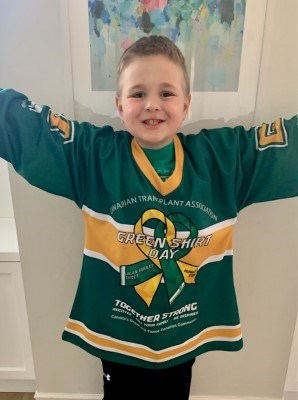
“We are so appreciative of the expertise and support the transplant team provides. From the doctors and nurses to the social workers, dieticians and many others, they have all collaborated to provide our son individualized and inclusive care that has helped him thrive as a kidney transplant recipient.”
– Owen's family

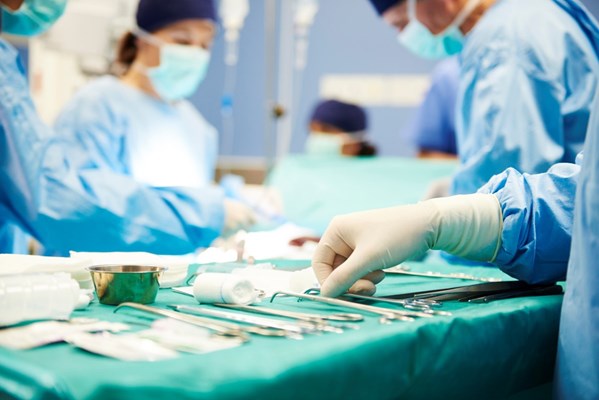
Apply for a TRMC fellowship
The Paediatric Solid Organ Transplantation Fellowship is offered by the TRMC. It is a one-year term with the opportunity for one-year renewal.
To learn more, email us at: transplantandregenerativemedicine.centre@sickkids.ca


Sign up for our newsletter
Whether you're a resilient transplant recipient, a dedicated caregiver, a compassionate medical professional, or a caring well-wisher, by subscribing to the newsletter you will gain access to a world of content that empowers, informs and connects. From expert medical advice from our team to heartwarming patient stories, we're here to enhance your journey and provide a sense of community.
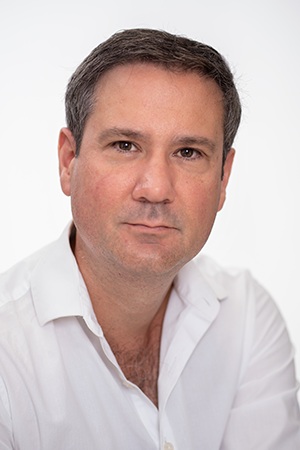
Head, Division of Urology

Andrea Carpenter
Dietitian
Kathy Syzmyd
Patient Care Information Coordinator
Anna Gold
Neuropsychologist
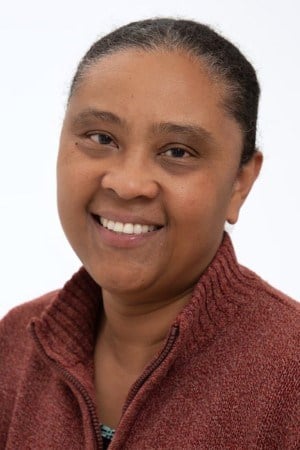
Angela Williams
Nurse Practitioner
Stephanie Bahn
Physiotherapist
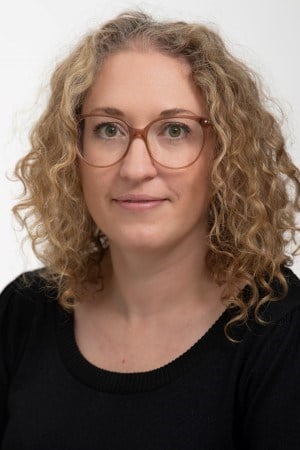
Elizabeth Dale
Registered Nurse
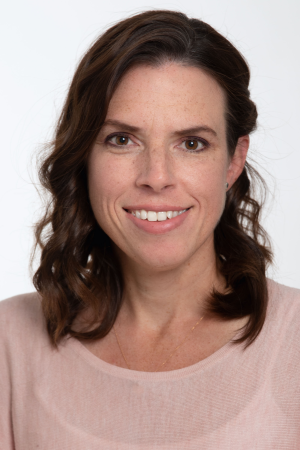
Jaina Leitch
Registered Nurse
Emily Ghent
Social Worker
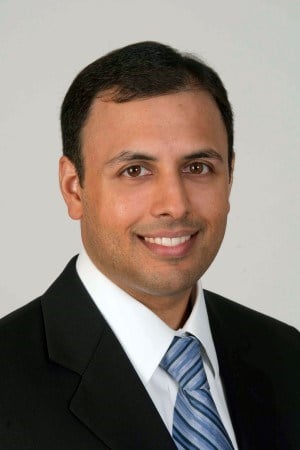
Anand Ghanekar
Staff Surgeon
Ashlene McKay
Staff Physician

Staff Physician
Lisa Robinson
Staff Physician
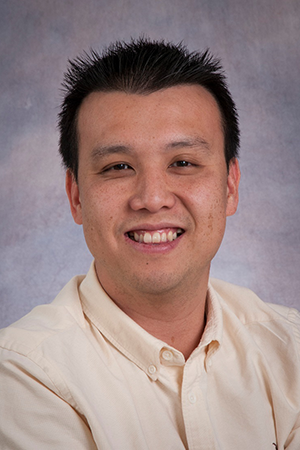
Staff Physician
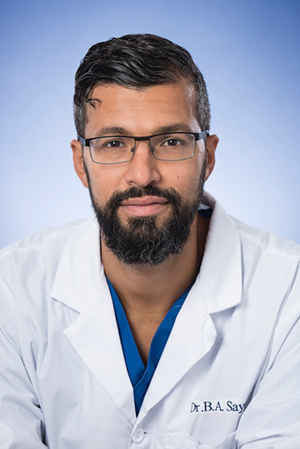
Staff Surgeon
Dipti Manchharam
Transplant Pharmacist
Nadya Nalli
Transplant Pharmacist
Lauren O’Conner-Byer
Transplant Pharmacist
Renee Woo
Transplant Pharmacist
Coming to SickKids
Prepare your child for their upcoming appointment or surgery by planning your visit to SickKids.


